PC gaming has skyrocketed in popularity over the last decade. It can offer literally all sorts of gaming experiences to an individual – from a highly competitive level of eSports to role-playing games with a very bulky storyline, all the way to a creative freedom sensation in sandbox games. However, getting started, especially for beginners, can be quite overwhelming. Fear not! Embedded within are 10 essential PC Gaming Tips to help you kick off your journey with confidence.
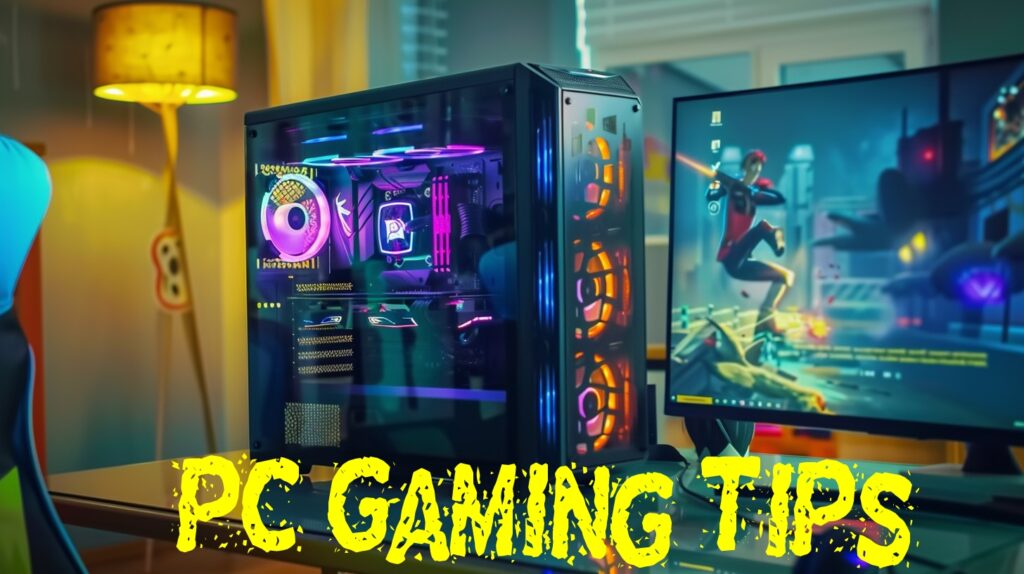
Tip1: Choosing the Right Hardware
Picking a Gaming PC
The choice of hardware sets the beginning of your gaming experience. No doubt, high-end gaming rigs look too alluring, but they are not always necessary and, more importantly, pocket-friendly for a first-timer. Instead, make sure you get good performance at an affordable cost. You should go for a PC that has a decent CPU, GPU, and at least 8GB of RAM. Also, a solid-state drive can improve load times.
Importance of a Good Monitor
A good monitor makes a huge difference in your gaming experience. Go for one that has a high refresh rate and low response time. Other than that, size and resolution must be decided based on the demands and budget of each user, though a 24-27 inch monitor running at 1080p or 1440p is good for most gamers.
Choosing Peripherals
Your keyboard, mouse, and headset are your direct interaction devices with games. Mechanical switches for keyboards provide excellent responsiveness and durability. For gaming mice, they should be comfortable in your hand and offer variable DPI settings. A good headset with clear audio and a reliable microphone is also important for immersing into the game and communicating in multiplayer games.
Tip2. Gaming Environment Setup
Ergonomics and Comfort
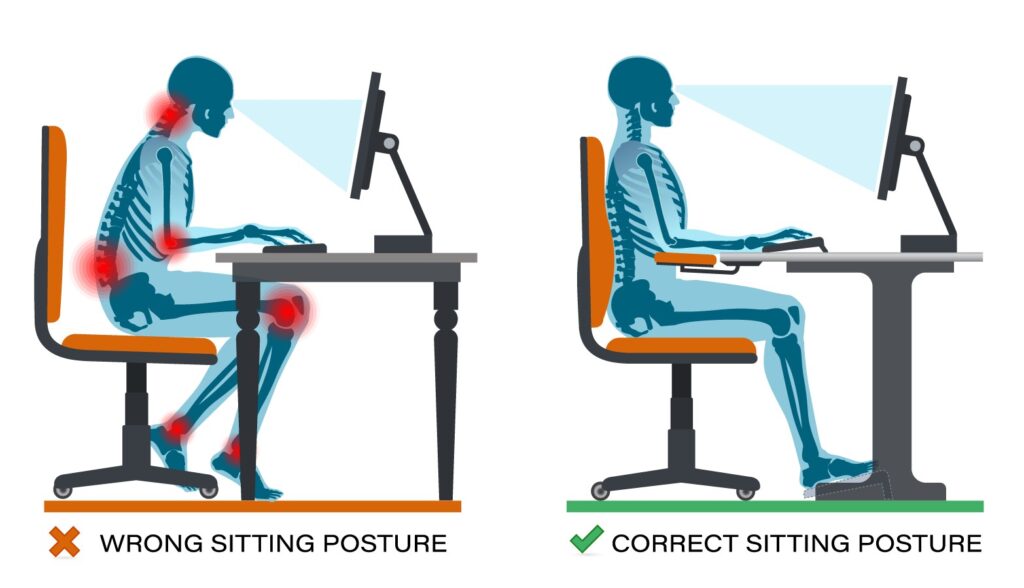
Long gaming sessions could hurt you if you are not set up properly. Use a comfortable chair with good posture, keep your monitor at eye level, and position the keyboard and mouse where your arms can naturally rest.
Lighting Considerations
Proper lighting can reduce eye strain, which in turn can enhance your gaming atmosphere. Ensure there’s no glare on your screen by placing any lighting to the sides rather than behind you. Some gamers love ambient lighting or LED strips to add to the feel of their game.
Cable Management
Nothing can ruin a gaming setup like a tangled mess of cables. Use cable ties, clips, or some other form of cable management system. It is not only more aesthetically pleasing, but it might also help in cleaning and troubleshooting just in case something goes wrong.
Tip3. Knowing PC Gaming Platforms
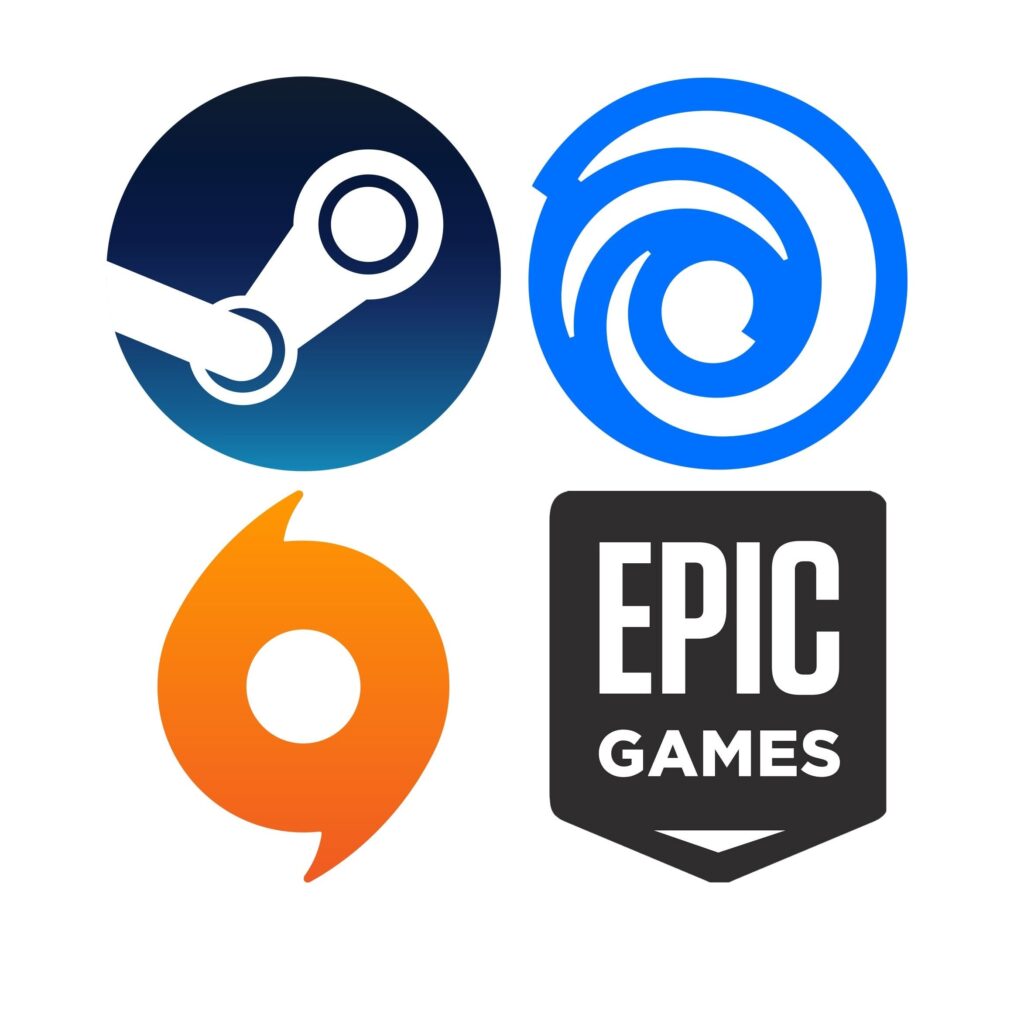
Steam
Steam is the largest and most well-known digital distribution platform for PC games. It hosts thousands of games, often has sales, and offers social features such as friend lists and community forums. Create an account, and explore the environment of this crucial platform.
Epic Games Store
The Epic Games Store is a newer platform gaining speed and popularity with free games and exclusives. It’s worth making an account to take advantage of their free games and sales.
Origin
Origin is Electronic Arts’ platform where franchises like FIFA, Battlefield, and The Sims live. If you’re a fan of EA games, you’ll more than likely be using Origin.
GOG
GOG (Good Old Games) sells DRM-free games, which means a huge number of various genres, tons of classic games, and modern stuff, natively supported by modern operating systems.
Tip4. Optimizing Your PC for Gaming
Updating Drivers

Ensure that your graphics card drivers are always up to date for top performance and to function with the newest games. Both NVIDIA and AMD offer software that can search and install driver updates automatically.
Adjusting In-Game Settings
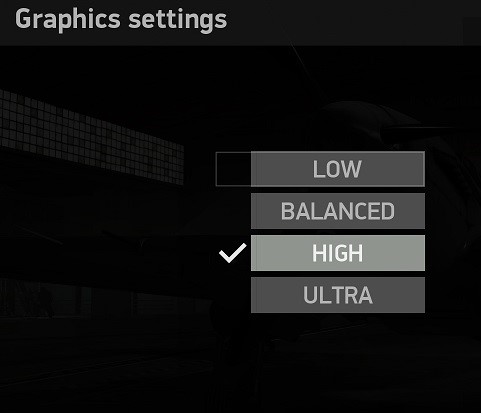
Most PC games give you the ability to play with various graphical settings. Go for the preset that best fits your hardware and then experiment with a couple of settings to get that sweet spot of visual quality and performance. Don’t hesitate to experiment!
Overclocking Considerations
Overclocking gets the last drop from your hardware, but it isn’t for everybody. Thus, if you dare to overclock, do sufficient research and proceed with caution, as imperfect overclocking really does damage components.
Tip5. Building Out Your Game Library
Finding the Games for You
Having thousands of games available makes the problem of choice a real headache. Start with genres you enjoy, then check out reviews and watch gameplay videos to find titles that suit your interests.
Taking Advantage of Sales and Bundles
PC gaming is best known for sales—both regular in frequency and deep in discounting. Fill out your library without emptying your wallet by keeping an eye out for seasonal sales on platforms such as Steam and Humble Bundle.
Exploring Free-to-Play Options
There are many high-quality free-to-play games on PC nowadays. From Fortnite to League of Legends, to Warframe, there will always be something to fill your time with or without you needing to shell out any amount from your wallet.
Tip 6. Learn Basic Troubleshooting
Crashes and Freezes
There is a possibility of crashes happening while running the newer or more demanding games. The steps to check error logs, verify game files, and update your drivers will help in resolving these issues.
Resolving Performance Issues
Lowering graphics settings, closing resource-intensive background applications, or updating your drivers might solve issues if a game runs poorly. Sometimes, a simple restart of your PC can solve performance problems.
Help from Online Communities
Don’t be afraid to reach out when you get stuck. Places like Reddit, Steam forums, and game-specific Discords are wonderful resources to get help and engage with other gamers.
Tip 7. Mods
Most games running on a PC do allow some support for community-developed mods. Mods may add new content, enhance graphics, or even change gameplay entirely. Sites such as Nexus Mods are the jackpot of user-created content.
Custom Content
Beyond mods, many games support user-created maps, skins, or other content. It can bring new life into a game where you already have enough hours just by exploring.
Join Online Communities
To maximize your enjoyment, connect with fellow enthusiasts who share your passion for gaming. Engage with like-minded individuals by participating in subreddits, Discord servers, or forums dedicated to your favorite games. This will allow you to exchange experiences, gather valuable tips, and build lasting friendships within the gaming community.
Tip 8: Protecting Your Account and Data
Use Strong Passwords
Always keep long, strong, unique passwords in your gaming accounts. You can use a password manager to keep track of them securely.
Two-Factor Authentication
Almost every gaming platform provides 2FA. Use this feature for double protection of your accounts.
Backing Up Save Files
Nothing’s worse than losing progress due to a hardware failure or game bug. Many games support cloud saves, but it’s also a good idea to periodically back up your local save files.
Tip 9. Maintaining Your Gaming PC
Regular Cleaning
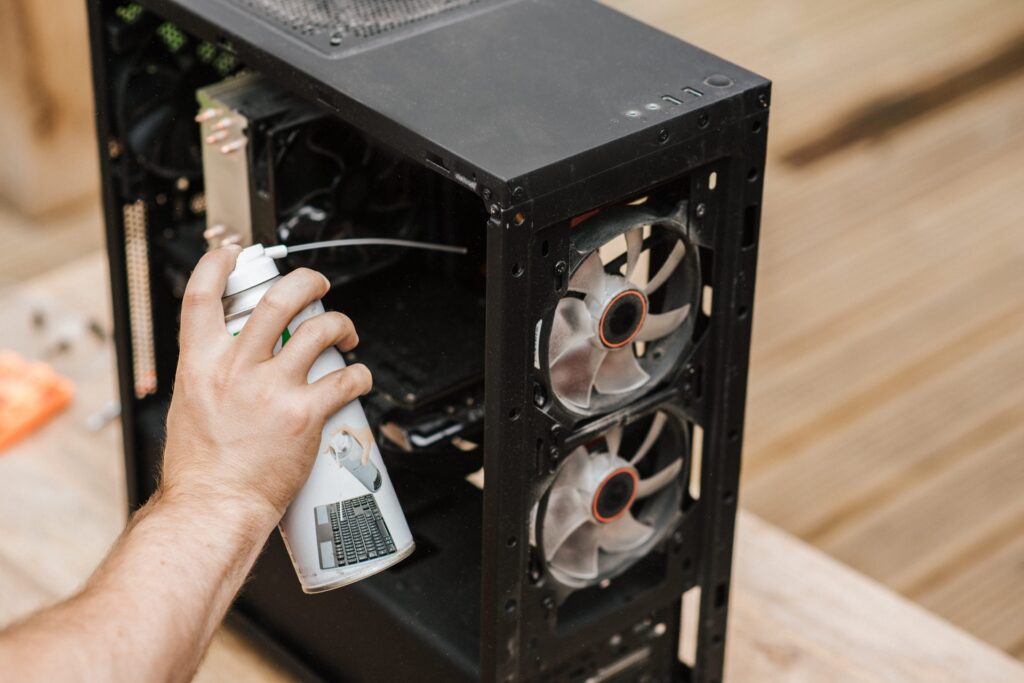
Dust can collect in your PC, reducing its performance, and causing it to overheat. Clean both the outside and inside of your PC regularly. Use compressed air to do this for the delicate parts of the PC.
Updating Software
Keep your operating system, games, and other software up to date. This ensures you have the newest features, performance improvements, and security patches.
Monitoring System Health
Either built-in Windows tools or software provided by a third party can be used to monitor your system’s temperature, CPU, and GPU usage, and general state of health. This can help you pinpoint a potential issue before it becomes a serious problem.
Tip 10. Developing Good Gaming Habits
Take Breaks
It’s easy to get carried away in gaming, leading to a lack of time management. Remember to take breaks in between to rest your eyes, stretch out, and of course, drink water.
Good Posture
Just like anything where the body will be held in one position for a certain amount of time, having good posture is a must in avoiding strain and potential long-term consequences to your health from gaming. Keep a chair and desk area that promotes a neutral spine alignment.
Balancing the Game
Although gaming is an awesome hobby, it’s always best to set a balance compared to other areas of your life. Limit your game time reasonably and ensure that work, study, and socializing are prioritized.
Conclusion
Embarking on your PC gaming journey can be exciting and a little bit overwhelming, but with these initial tips, you should now be quite well-prepared to get started. You should always remember that, at the very core of PC gaming, everything is based on personalization and preferences. You will have unlimited fun experimenting, so find what works for you. As you play around with your setup and gaming, you will learn new ways of optimizing and improving your setup. Welcome to PC gaming—high frame rates and low temperatures await you!
FAQs
- Q: How much should I expect to spend on a decent gaming PC? A: The cost can vary widely, but you can find decent entry-level gaming PCs starting around $700-$800. Mid-range systems typically fall in the $1000-$1500 range, while high-end rigs can cost $2000 or more.
- Q: Is it better to build my own PC or buy a pre-built one? A: Building your own PC can be more cost-effective and educational, but pre-built systems offer convenience and often come with warranties. For beginners, a pre-built system might be less intimidating.
- Q: How often should I upgrade my gaming PC? A: This depends on your needs and budget. Many gamers upgrade components every 2-4 years, but you can often extend the life of your PC by upgrading specific parts like the GPU or adding more RAM.
- Q: Are gaming laptops a good alternative to desktop PCs? A: Gaming laptops offer portability but generally provide less performance per dollar compared to desktops. They’re a good option if you need to move your system frequently, but desktops usually offer better value and upgradeability.
- Q: How can I improve my skills in competitive games? A: Practice regularly, watch tutorials and pro players, analyze your gameplay, and focus on specific areas for improvement. Many competitive games also have training modes or community workshops to help you hone your skills.

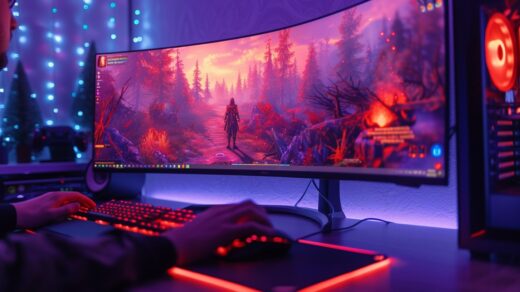


I love the examples you provided.